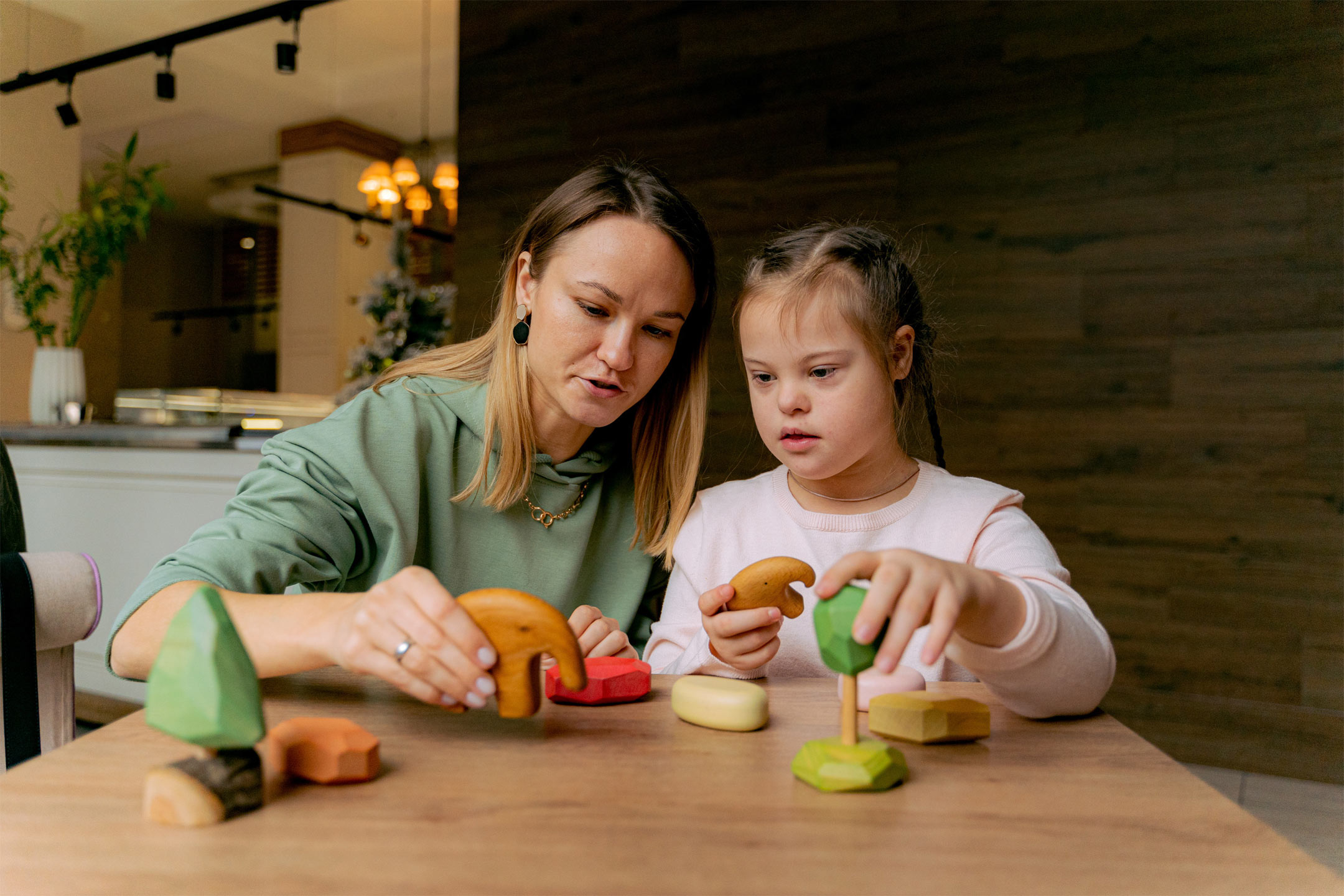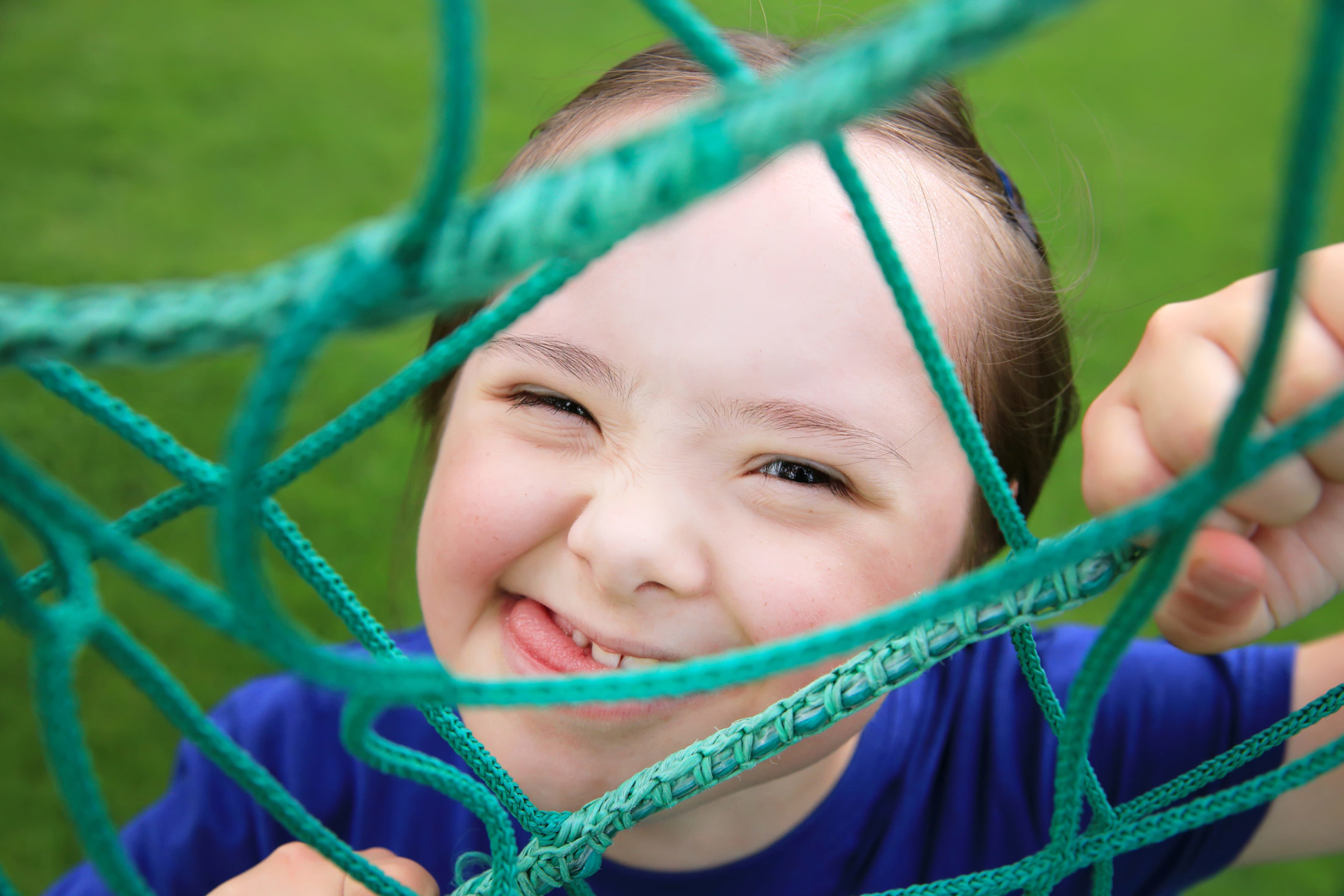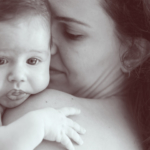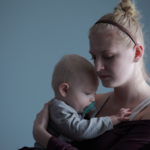
03 Apr Whose Disability Is It Anyway?
How you react to disability reveals a lot about you writes Arianne Ryecroft, a mother of three with two children living with disabilities.
Our 10-year-old son, Xavier*, was diagnosed with Asperger’s syndrome and ADHD (attention deficit hyperactivity disorder) at the age of five. Four months later, our twin daughters, Poppy* and Maya*, were born, and Poppy was diagnosed with Down’s syndrome.
I generally observe two kinds of reactions to disability. People with a growth mindset have almost always had an experience with disability themselves – a sibling, an uncle, a neighbour with Down’s syndrome, for example. They are open and come up to you and tell you their story.
People with no experience of disability can tend to have a fixed mindset. They don’t look past the stereotypes to see the real person. My father has a growth mindset and includes all three grandkids in his life. Sadly, my mother has a fixed mindset and refuses to see my children. She wanted to find blame, and suggested we let Poppy die soon after birth rather than give her life-saving heart surgery that babies with Down’s syndrome often need.
The older generation said things of Poppy like, “She’ll never commit a sin”, or “She can be trained, you know”, or “She’ll always be happy”. Really? Come home with me and see that Poppy is angry, she’s sad, she’s annoyed, she’s left out, she’s ecstatic, she’s cheeky, she’s annoying, she’s jealous…the full range of human emotions.
Fear is the core emotion we all grapple with in response to disability. It generates the whole spectrum of responses we give. Fear can translate into anger, hostility and judgment very easily. I felt it in myself, and so I can spot that same dynamic at work in others.
“I don’t know how you do it,” people often say to me. What a conversation stopper. But they don’t want to know how I do it. On one occasion, I began to explain by saying, “Well, it’s a lot of sacrifice. It’s a lot of time and effort. Bravery is how I do it”. The look on the face of the person I was talking to said, ‘Oh, I didn’t want to know the answer’. They want to hear, “Hey! Don’t worry, it’s not that hard”. They don’t want to hear the sometimes uncomfortable reality.
I actually find I get more support from fathers than from other mothers. Dads are much less likely to ask that great question in the supermarket, which seems to be the modern-day Q&A platform, “But…didn’t you have the test?”
 Next year, Poppy will go to mainstream school with Maya, who is just one year behind. Some mums give a sharp intake of breath and say things like, “Mmm…how do you think she’ll cope?”. I found out some of them had gone to the principal or teachers and asked, “Is my child going to be in Poppy’s class? Is that a special class?” or said, “I don’t want my child in Poppy’s class”. They did that with Xavier, too.
Next year, Poppy will go to mainstream school with Maya, who is just one year behind. Some mums give a sharp intake of breath and say things like, “Mmm…how do you think she’ll cope?”. I found out some of them had gone to the principal or teachers and asked, “Is my child going to be in Poppy’s class? Is that a special class?” or said, “I don’t want my child in Poppy’s class”. They did that with Xavier, too.
I think the notion of inclusion is part of everyone’s education. It is the responsibility of the whole community, not just the government. My son with Asperger’s likes Minecraft, and your son probably also likes Minecraft. Let’s get them together – that’s the kind of thinking I would like to develop in my community. Putting your kids in the company of kids with disabilities helps them to see past the disability and see the whole person.
I know a lot of mums look at me and think, ‘Thank God I don’t have that. I’d have to be going to speech class instead of the gym.” Yet I hear a lot of school mums complaining they’re bored and can’t find part-time work, so they are spending time at the gym chatting up the personal trainer. Why not volunteer to help the parents around you with disability in their families?
When the twins were born, we had a lot of offers of help, like cooked meals, but not so much now. People don’t know what to say, what to do. I understand that. What I want people to say is, “You guys must need some respite. Let me come over for a few hours on a Saturday and look after Maya while you take Poppy and Xavier to therapy,” or “Let me take Poppy and Xavier while you and Maya do something together”. Maya needs some one-on-one time with us, too. None of us can serve from an empty vessel.
If you can get through life without any significant challenges, maybe you are lucky. But perhaps you have not experienced the enrichment life can offer, because your virtues haven’t been tested. I think the big question for anyone who is thinking of having a family is this: Do you think that you can love without conditions or without prerequisites? Because that is what love is – and what the basis of a marriage and parenting must be.
* Name has been changed



